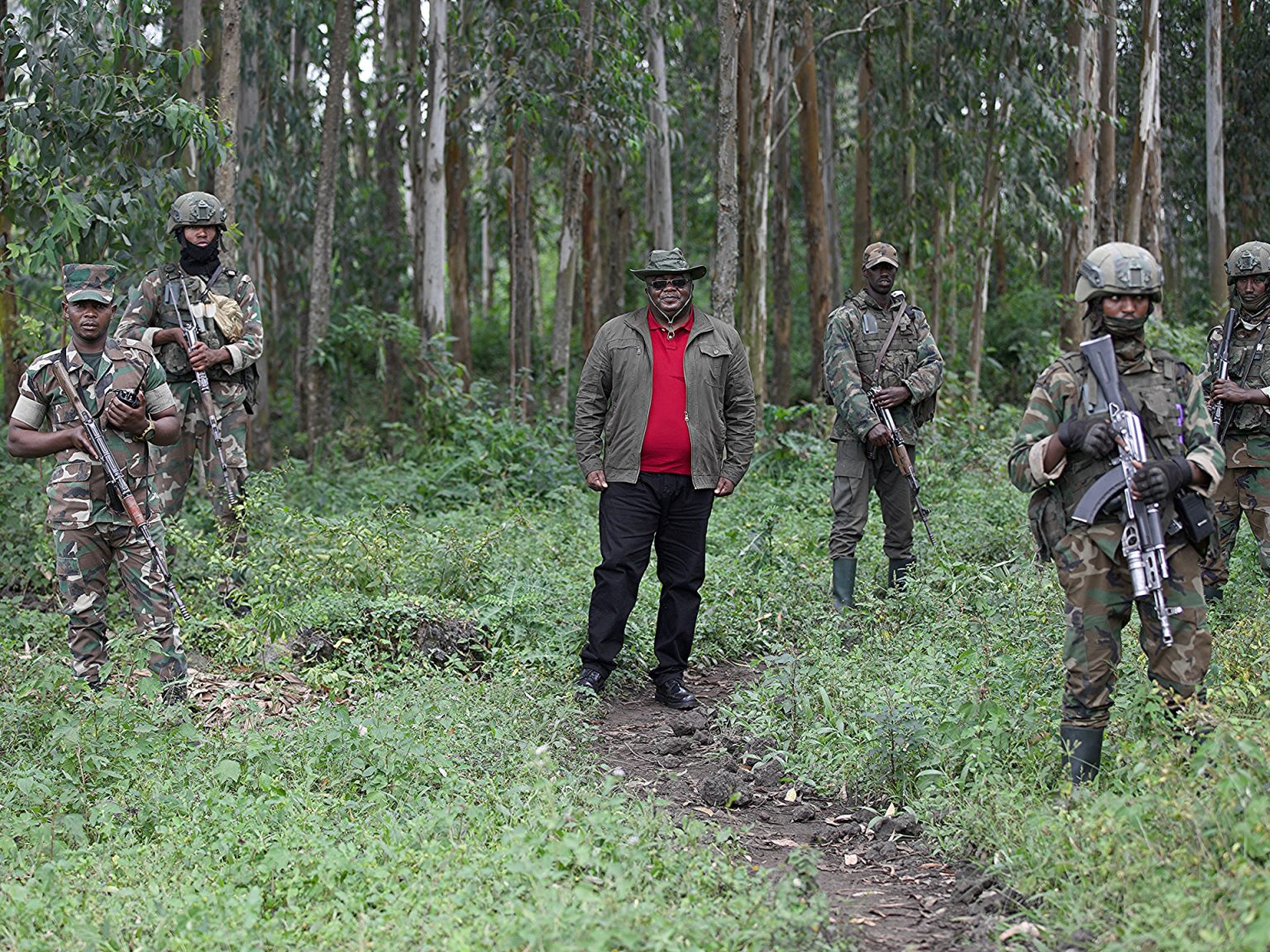For the past three years, the eastern Democratic Republic of the Congo (DRC) has been plagued by an armed conflict between the national army and the M23 rebel group, resulting in hundreds of deaths and the displacement of nearly two million people. The M23 rebel group, formed in 2012 after a mutiny within the Congolese national army (FARDC), fights to defend the interests of minority Congolese Tutsis who face discrimination and exclusion in the DRC due to their ethnic ties to Rwanda’s Tutsi community. The conflict has escalated regional tensions, with accusations that Rwanda is supporting M23 with troops and weapons, which Rwanda denies. Despite numerous ceasefire attempts and peace negotiations, including the 2022 Nairobi peace process, fighting continues with recent advances by M23 in Lubero.
Bertrand Bisimwa, the head of the political wing of M23, states that the group is fighting a defensive war to protect its citizens from being killed by the Congolese government. Bisimwa emphasizes that the Tutsi minority in the DRC are full-fledged Congolese citizens who deserve protection and care from the state. He explains that the recent intense fighting in Great North Kivu was a result of Kinshasa’s refusal to sign a ceasefire agreement, leading M23 to defend itself against the government’s military offensive. Bisimwa highlights the need for dialogue to address the root causes of the conflict and achieve a peaceful resolution.
M23’s actions are framed as defensive responses to government attacks, with a focus on silencing weapons that threaten their communities. Bisimwa rejects accusations of territorial expansion and emphasizes the group’s need to defend themselves against government forces. He criticizes the United Nations for overlooking the progress M23 has made in bringing back displaced persons to their homes and restoring stability to the region. The group’s participation in peace processes has been met with exclusion and accusations of being a proxy for Rwanda, further complicating efforts to reach a peaceful resolution.
The Congolese government’s refusal to engage in dialogue with M23 is seen as a hindrance to resolving the conflict through peaceful means. Bisimwa points out the government’s focus on military action rather than addressing the underlying governance issues that contribute to the ongoing violence. He emphasizes the importance of dialogue in ending the suffering in the eastern region and preventing future generations from inheriting unresolved conflicts. M23’s position is grounded in seeking solutions to governance challenges that impact the livelihoods and safety of their communities.
M23’s stance on the ADF armed group highlights their longstanding efforts to address security threats in the region and calls into question the government’s prioritization of military action against the rebel group. Bisimwa asserts that M23 has actively fought against the ADF and worked to protect the environment, including the Virunga National Park, which they now control. The group’s actions in the park focus on protecting wildlife and educating local communities on sustainable practices to benefit from park resources without jeopardizing its biodiversity. Bisimwa refutes allegations of exploiting mineral resources for Rwanda’s benefit, emphasizing M23’s commitment to addressing security threats and promoting environmental conservation.
Overall, M23’s narrative portrays a defensive struggle for the rights and protection of minority communities in the DRC, highlighting the need for dialogue, governance reform, and sustainable practices to achieve lasting peace in the region. The group’s efforts to protect wildlife, engage in peace processes, and advocate for their citizens’ rights are framed as defensive responses to government aggression and external accusations. By addressing the root causes of the conflict and prioritizing dialogue over military action, M23 aims to secure a peaceful future for the eastern region of the DRC.













